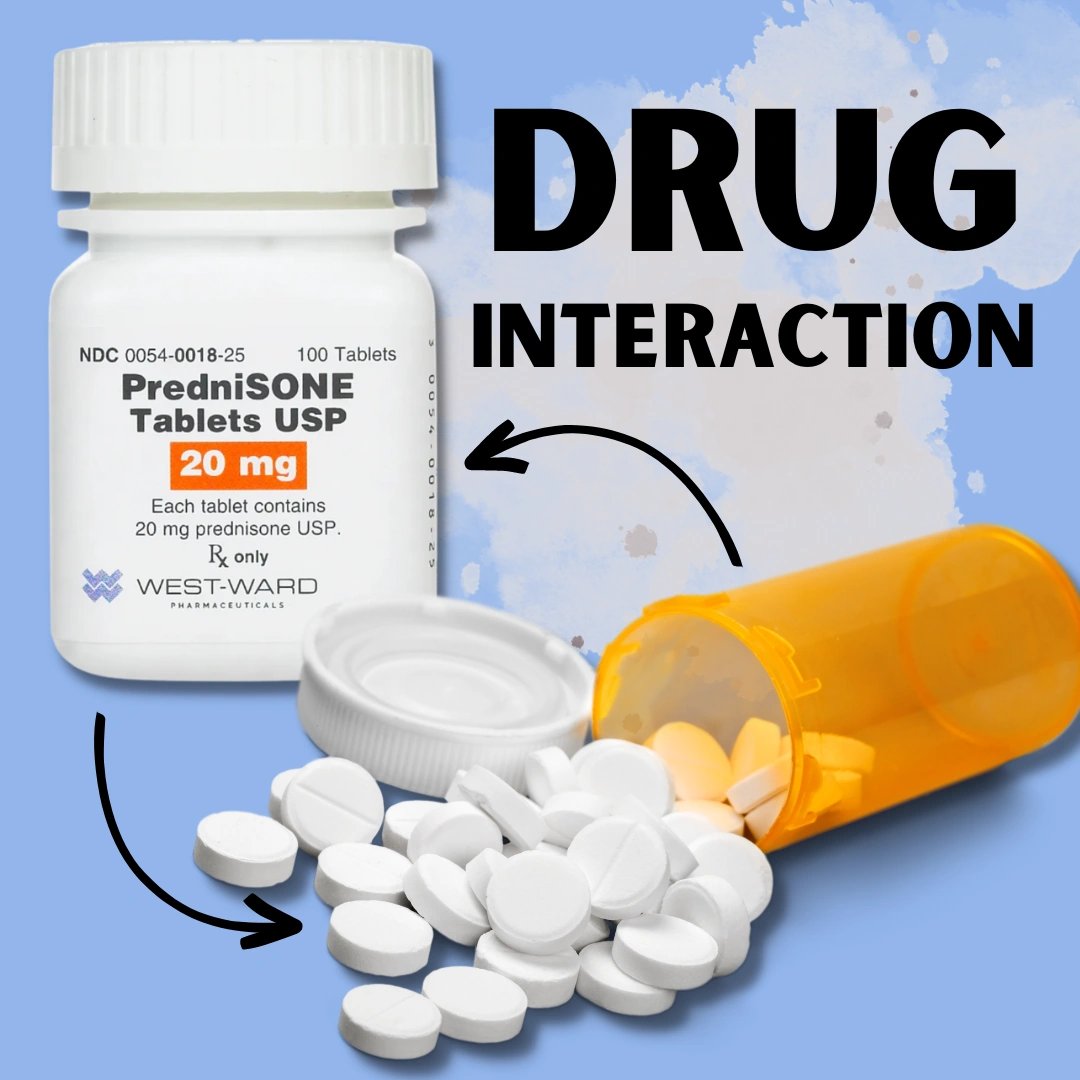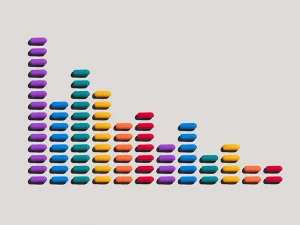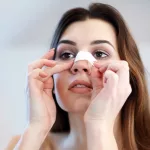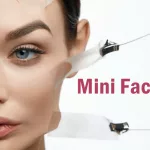Let’s Get Real: Why This Combo Comes Up
This might surprise you…but your thyroid and your immune system? They definitely gossip about you behind your back. Okay, not really, but if you’ve ever found yourself standing at the pharmacy clutching both a thyroid prescription (hello, levothyroxine!) and a bottle of prednisone, you might wonder—are these two friends, frenemies, or just two guests awkwardly attending your body’s hormone party?
:max_bytes(150000):strip_icc()/Health-GettyImages-824312418-1db2cc1ad74f4758acac88159b321019.jpg)
Here’s the deal: lots of people—including more than a few in my own circle—wind up on both. Why? Levothyroxine keeps your thyroid in check. Prednisone? It’s the fire extinguisher for everything from rashes to arthritis flares. But taking them together…doesn’t always go off without a hitch. It turns out, there are some things you should know if you find yourself faced with this odd couple.
What Actually Happens in Your Body?
So, what does your body really do with levothyroxine when prednisone enters the chat?
Hormones, Hijinks, and the Science Stuff
Levothyroxine is like your body’s slow, steady morning jogger—keeps things humming predictably. Prednisone? That’s the sprinting coach, yelling at your immune system to cool it now. Put them together and—well, sometimes they get in each other’s way.
Mainly, prednisone can mess with how well your body uses levothyroxine. It does this by sort of…slowing down how your body turns T4 into its more “active” sidekick, T3. The result? You might suddenly need a different dose to feel normal. And if you’re on the sensitive side (me, me, ME), you might notice that something’s off before the lab tech does. Seriously, if you start getting random bursts of fatigue or your appetite goes sideways, it could be your meds doing the tango together—a slightly clumsy one.
(I once had a friend, let’s call her Mary, who started prednisone for an annoying skin flare. She’d been on levothyroxine forever, feeling stable. Within a week, she was tired in a “sleeping on the bus” kind of way. Her doctor ran labs…yup, her thyroid numbers were off. She needed her thyroid dose adjusted.)
Still With Me? Here’s a Handy Table for Quick Clarity
| What’s Happening? | Just Levothyroxine | With Prednisone |
|---|---|---|
| Energy levels | Usually stable | Might dip (if conversion slows or dose isn’t right) |
| Weight & appetite | Predictable (unless thyroid off) | Watch for changes! Appetite swings possible |
| Dosage routine | Set by your doc | May need regular tweaks & bloodwork |
| Classic “uh oh” symptoms | Rare, unless other triggers | Unexplained fatigue, insomnia, odd weight change |
So, when someone texts you “can I take levothyroxine and prednisone together?”…yes, you can, but there’s a catch (isn’t there always?).
Common Reasons You Wind Up on Both
This isn’t just about bad luck. Sometimes, you need both because your body loves a plot twist:
When Does This Happen?
Maybe you’ve got an autoimmune condition (shout out to all my fellow Hashimoto’s warriors) and something else comes knocking—an itchy rash, a swollen joint, crazy allergies. Prednisone comes in to save the day, but your thyroid meds set the backdrop all along.
And sometimes, the two are used purposely together. For example, research on patients with severe low platelets and hepatitis B-related liver disease used the combo to reduce bleeding risks and help platelets bounce back better than either drug alone (see the study details). Not your everyday problem, but proof that this mix isn’t inherently “bad”—it just demands some extra TLC and close medical oversight.
Is the Combo Always Safe? The Sneaky Interactions
Here’s where it gets juicy: can I take levothyroxine and prednisone together safely? In many cases…yes. Safely? That part depends on how closely you (and your care team) pay attention.
What Could Go Wrong? (The Drama!)
Let’s get down to what actually causes concern:
- Hormone Confusion: Prednisone can “hide” typical signs of low thyroid, so you might feel fine until—suddenly—you’re not.
- Appetite & Weight Fluctuations: Both drugs, especially together, can toy with your hunger and scale.
- Dose Adjustments: I know, ugh. It is annoying, but your doc might need to ping-pong your medication amounts to keep you feeling okay (here’s a breakdown).
- Oddball Symptoms: Insomnia, fatigue, weird muscle weakness (rarely—like in one wild case of temporary paralysis!), or plain old “I don’t feel right.”
Also important: prednisone’s effect can be dose-dependent. High-dose, long-term courses make things trickier. If you’re wondering about spacing—like, “How long after taking levothyroxine can I take prednisone?”—timing them a few hours apart is usually wise. There’s a whole post on it (super useful, if I say so myself): How long after taking levothyroxine can I take prednisone.
My Story: The Time I Ignored Symptoms…
This is embarrassing, but: I once ignored some serious sluggishness after being put on prednisone for a sinus infection. My brain kept telling me: “it’s just the infection, it’ll pass.” A week later, my energy tanked. Turns out, I needed a thyroid blood test and a dose adjustment. Lesson learned—don’t ignore your body’s “weird” signals, no matter how small. Your body is sneakier than you think.
How to Help These Drugs Get Along
Okay, we know what can go wrong. But what if I told you you’re not doomed to repeat my mistakes?
What Should You Actually Do?
Here’s the lowdown on how to make this duo work for you, not against you:
- Keep Consistency: Take your levothyroxine on an empty stomach (first thing in the morning with water is classic). Food, vitamins, and minerals can mess up absorption, so keep at least 4 hours from calcium or multivitamins (see drug and food interactions).
- Timing Matters: Separate your doses. A good rule is to leave a buffer—your doc can give you the golden number, but a few hours is common. More details in How long after taking levothyroxine can I take prednisone.
- Track Your Symptoms: Feeling off? New fatigue, insomnia, changes in weight, muscle weakness? Write it down. Doesn’t have to be fancy—scrap paper, phone app, whatever works. The more info you have, the faster your provider can help.
- Monitor With Labs: If you’ve recently started or changed prednisone, good practice says to re-check your thyroid labs in about 6 weeks (here’s why). More frequent labs might be annoying, but they keep you safe.
If you’re taking both, your doctor will probably mention this, but a friendly reminder: always let them know all the meds and supplements you’re taking…including herbs. Even innocent-seeming “natural” stuff can have unexpected effects when mixed in the pharmacy blender.
Quick Comparison: Going Solo vs. Combining Forces
Let’s make this simple. Here’s how your day-to-day shifts depending on whether you’re on one or both:
| Solo Med (Levothyroxine) | Both Together |
|---|---|
| Predictable energy (if dose is right). Routine labs every few months. Take on empty stomach. Simple, right? | Watch for surprise fatigue, weight changes. Labs checked more often—especially if dose changes. Need a routine: separate timing, note any changes. Might join the “dose-adjusters club.” |
And let me say this: for many, being on both (with careful attention) is not drama…it’s just one more part of your story. Most folks adjust, find their groove, and check in with their doc or pharmacist a bit more. Not glamorous, but hey, you’re still the main character here.

What If You Need More Guidance?
If all of this sounds overwhelming, you’re not alone. Keeping track of multiple meds makes even the most organized people a bit frazzled (can we get some real-world pillbox design improvements, please?).
I often point friends and readers to practical write-ups like Can you take prednisone with thyroid Medicine. It goes deeper into side effects, interactions, and real-life management tips, and is written in plain English. If you’re worried you’ll mess up timing or that you’ll never get your energy back: trust me, you’re not alone, and these resources genuinely help.
h4>Real Talk: Why It’s Okay to Ask for HelpSometimes the real struggle isn’t the meds at all…it’s feeling like you’re “bugging” your doctor by asking about every change. Newsflash: that’s literally their job! In fact, the best outcomes come from routine “check-in” calls. Your pharmacist is another ace up your sleeve; they know their stuff, especially about interactions and timing quirks that doctors sometimes gloss over.
Final Thoughts: Own Your Wellness Journey
So, back to the top: can I take levothyroxine and prednisone together? Yes, absolutely, if your doctor says so—but with a healthy dose of self-awareness, patience, and sometimes (ugh) more bloodwork than you’d like. Both meds matter. Both can help you feel like yourself. But together, they demand vigilance.
If you notice anything weird—tiredness, changes in sleep, weight doing the yo-yo, or just a gut feeling something’s wrong—speak up. Use tools, notes, or reminders. Check out posts like How long after taking levothyroxine can I take prednisone and Can you take prednisone with thyroid Medicine for…well, pretty much everything else you could ask.
Remember, you’re not “high maintenance”—you’re paying attention, and that’s what healthy people do. Share your story. Ask all your questions. The more we talk about this stuff, the less alone we all feel (and the more likely we are to feel good…or at least, like ourselves again). You’ve got this—and if you ever want to swap tips or stories, you know where to find me.























Leave a Reply
You must be logged in to post a comment.